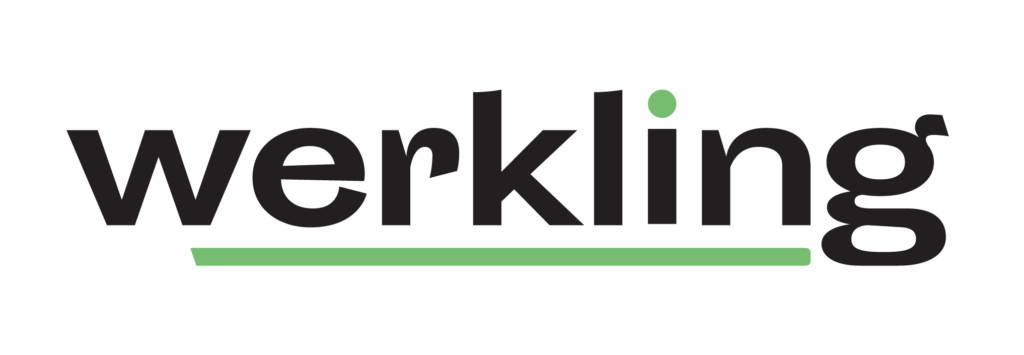More and more women are opting out of big internal roles and are looking to design their life and their work in a different way. Between February 2020 and February 2021, 2.4 million women left the workforce compared to 1.8 million men. This number would likely be higher if it wasn’t for alternative work models, like freelance and the professional gig economy, to catch them.
Werkling Founder and CEO Michelle Fotheringham shares “Over 80% of the Werkling community of freelancers and on-demand talent are female. Every week we see women, and to a lesser degree men, stepping away from the traditional employment model. They are seeking flexibility, autonomy, and the ability to deliver work that aligns to their values and strengths.”
With the gig economy expected to reach 51% of the workforce by 2027, organisations can no longer ignore the changing talent landscape and how it relates to female workforce participation.
Who are “On-demand talent”?
“On-demand talent” refers to highly skilled professionals who work on a freelance or self-employed basis, rather than as a traditional employee performing a job within an organisation. They typically work across several industries and organisations at once and are engaged to deliver agreed outcomes, services or deliverables.
In this blog post, we’ll hear from some female on-demand talent who are a part of the Werkling community. They will share their career journey and insights on life as on-demand talent.
Meet Zoe
Leadership & Career Coach | HR & OD Consultant

Q: What did your career look like before you became a “corporate escapee?”
A: My career (on the outside) looked great! I had progressed to a Director level role in a Talent consulting firm, I was partnering with great clients and doing interesting impactful work across the whole talent lifecycle. Over 10 years, I was recognised and rewarded as a top performer, for my hard work, business development activity, and project delivery.
Q: Why did you opt out of the traditional employment model?
A: My health and work performance started to take a turn as I battled burnout and exhaustion from trying to continue to fit into a very lean and performance-driven culture. This culture had worked for me for many years prior to having a young family. However, as a committed professional that loved my job and trying (unsuccessfully) to balance work and home life as a part-time employee, in a highly achievement-oriented workplace it all became too much. I knew I wasn’t at my best and had to take some time out of working to re-evaluate my career and life choices.
Q: What do you love about working as on-demand talent?
A: There are five main reasons:
- Clarity: Opportunity to continuously reflect on what lights me up, what I’m good at, what I’m missing and what I wanted to do more of.
- Courage: To be bold and try new things
- Choice: I can decide my schedule (and no more pointless meetings – they’re all about the project!) and who I collaborate with.
- Community: I am connected to a bright, engaged, supportive, and highly capable community who want choice in how they live and work.
- Flexibility: I can design my work around my life – be there for the big family moments, focus on my own health and well-being and choose projects and clients aligned to my purpose and values.
Meet Emmagness
Brand and Marketing Strategist

Q: What did your career look like before you became a “corporate escapee?”
A: When I was younger, I decided that success meant holding the title of ‘CEO’ for a big company by the time I was 40. I grew up surrounded by successful women in Corporate so that wasn’t too ambitious a dream for me, it was just right – and expected. I believed that to get respect, I had to have a title people would admire. I’ve been driven by a timeline that although disrupted a few times, looked like I was way on my way to that coveted title!
I worked hard, really hard, and excelled in all my roles. I moved to Australia more than six years ago and even though I had to start all over again in my career, I was heading a brand and marketing team for a Fortune 500 company within five years. In Australia, I had to work twice as hard, be committed, learn continuously, and drive myself – hard. The dynamic here was different though, where ambition, drive, and hard work were celebrated in Zimbabwe and South Africa, in Australia, I found it different. However, I kept pushing, and was determined, with my eye on the prize – a title that would earn me respect and amplify my voice (sigh).
Q: Why did you opt out of the traditional employment model?
A: In December 2022, after a restructuring exercise, my role was made redundant. Good thing is I saw this coming. I believe brand building and market orientation are the foundation of good marketing and business practice, it’s a long game and sometimes tactical elements are preferred.
What I felt though when I was told was unexpected, I was relieved and that confused me! I decided to explore this feeling and through chats with people I respect I realised that I had changed. What had driven me before – the ambition of a big title in a big organisation just wasn’t that important to me anymore.
Don’t get me wrong, I absolutely loved my time in Corporate and have immensely enjoyed all my roles, what I realised in my month of reflection was that it was never about the title – it was always about Brand and Marketing. Getting to do that, in whatever capacity, gave me joy.
Q: What do you love about working as on-demand talent?
A: First of all, I can give myself whatever title I like! I’m multi-passionate, I love Marketing, project based work and interacting with different people – I’m energised by it and will work in a corporate structure/inhouse or as on-demand talent as long as I’m getting that balance.
I get to meet new people often, solve different problems and expose myself to environments I didn’t know existed beyond the industries and companies I’ve worked in previously. Working on my own lately, surrounded by people doing the same has freed me in ways I had never imagined and ways I didn’t realise I needed to be in order to bloom. I get to enjoy doing what I love, at my own pace (well, not quite, the deadlines are still tight)
Meet Steph
Reimagining how people learn at work

Q: What did your career look like before you became a “corporate escapee?”
A: Before I became a corporate escapee I was leading L&D for EY’s Oceania Transactions team. It was my favourite role I’d been in; I had a good team, excellent stakeholders, regular travel, and a generous amount of creative license and freedom. Although there were timesheets… Those weren’t much fun.
Q: Why did you opt out of the traditional employment model?
A: There were three main reasons…
1) I was a senior manager and was looking around for what my next role could be. Over the 13+ years I’d been at EY I’d done a number of different roles across the UK and Australia (including travel to about 12 countries for various projects and facilitation gigs). For the first time I looked around and didn’t see any roles that I aspired to. I knew then that I’d have more fun creating my own constantly-evolving adventure on the outside.
2) I was pretty done with the structure of work. Even though I had quite a lot more freedom at work compared to a lot of people I knew when I left in early 2019, it still wasn’t enough.
3) I really missed being client-facing. I started my career in 2005 as an auditor before moving to the internal Learning team in 2010, and quickly discovered that I much prefer the dynamic of external client relationships.
Q: What do you love about working as on-demand talent?
A: You’ve probably picked up the hint by now that I’m a big fan of freedom and flexibility. To me this is unbeatable as a benefit. All of my work is output based, which means essentially unlimited leave (my biggest bug-bear about work in Australia is the archaic leave balances and system) and being able to work from wherever makes sense for the work I’m doing with my clients
As a card-carrying extravert, I thought I’d miss being part of a team. And sometimes I do, but one of the (many) freedom benefits of working independently is finding other excellent people to work with. This includes creating great relationships with clients and being seen as an extension of their teams, and finding collaborators to create work with that is both more fun, and more valuable, than if you’d done it alone.
Oh, and no timesheets and none of the internal ‘stuff’ that drains your time and your soul away from doing your best work.
There’s a reason people say that you can quickly become ‘unemployable’ once you’ve worked for yourself. Even with the flexibility benefits that some organisations offer now, they still feel so suffocating (to me) compared to this alternative. It will be interesting to see how (or if) this changes over the next few years.
Embracing non-traditional work models
Organisations must create an inclusive environment that offers flexible working arrangements for women to thrive and live a balanced life as senior employees. But equally, for true diversity and inclusion, we need to embrace other non-traditional work models.
The professional gig economy has arrived – not only is it providing leaders with a more nimble and agile way to design a sustainable workforce but it is providing another avenue for workforce participation for incredibly talented humans.
If you are a leader and would like to access top talent like the wonderful Zoe, Emmagness, and Steph, sign up to submit a Gig Brief today. If you’d like to learn more head here or book a free consultation with the Werkling team.
If you are on-demand talent who is interested in joining the Werkling community, learn more here.
Please direct media inquiries to hello@werkling.com.

